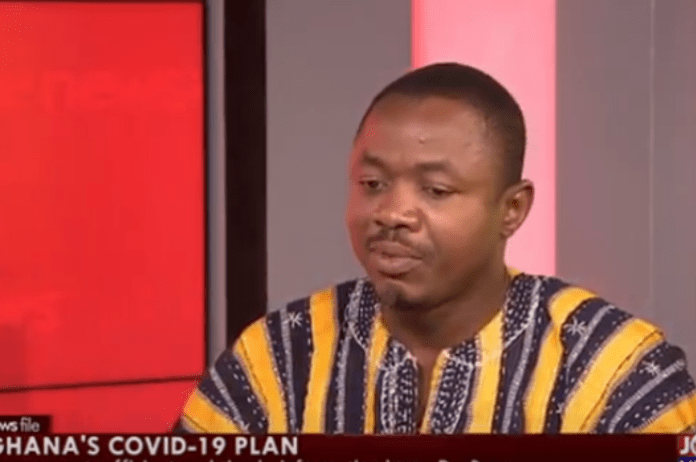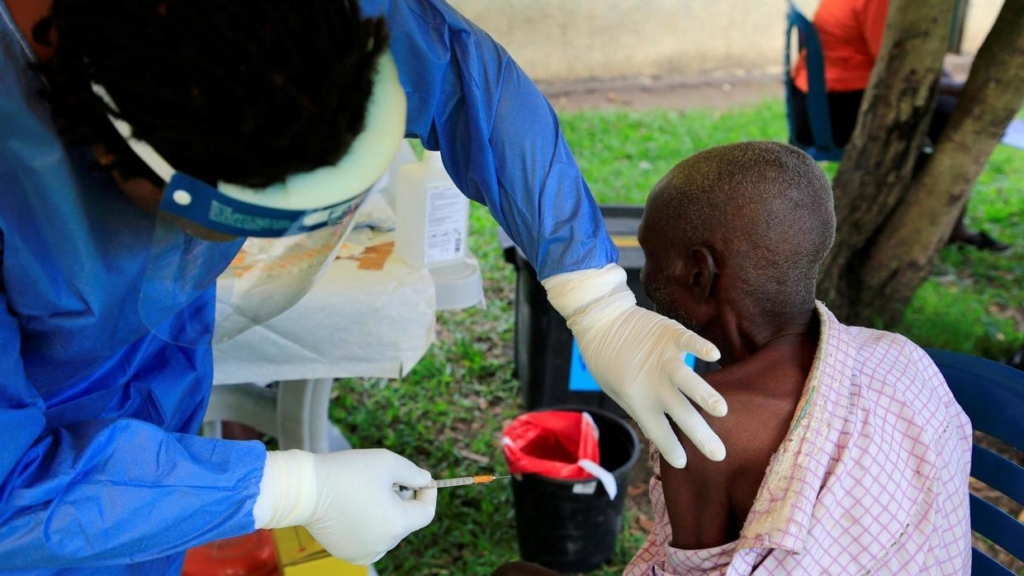
A member of Ghana Medical Association (GMA)’s Infectious Diseases Committee says the country’s healthcare system is not equipped enough to tackle a serious case.
Dr Titus Beyuo, who is also the Deputy General Secretary of GMA said even though government has put up measures to contain the coronavirus pandemic, all preparations made can only suffice for mild cases.
Speaking on JoyNews’ Newsfile, Saturday, Dr Beyuo stated that the half-baked preparedness of the Ghana Health Service is due to several reasons.
He cited the country’s poor maintenance culture and government’s failure to provide resources for the creation of special health facilities as part of the reasons.
“Any preparation that is not in sync with our existing health care system will fade away and we’ll have to restart it again when we get another outbreak.

“During Ebola time, we had structures erected; we had a few things put in place. After the Ebola outbreak, everything went away and it’s like when this thing started we have to reactivate them and try to pull things together,” he said.
Dr Beyuo added, “There was a centre at Tema that was put up for Ebola; we had a place designated when the GMA called for the set up of infectious disease centres. One in the northern half and one in the southern half [of the country].
MORE STORIES:
“These were not done, even the places that were identified and mapped out, they were not well resourced and after the outbreak, there was no continuous resource to maintain these centres. So it’s like we’re restarting again.”
The GMA Deputy General Secretary said the only way for special facilities to be created across the country in health centres was if the National Health Insurance was paying the monies they owe public health facilities across the country.

According to him, many public health centres are crumbling under debt, and this is preventing the managers of the health facilities to take initiative to keep their staff safe and to create isolation centres.
“Are we going to have this $100 million go to these facilities to be able to take initiatives? If we want a systemic solution to this, then health insurance should pay facilities.
“And if it pays facilities at the CHP centre, at the district level, every facility manager can initiate some programmes to keep their staff safe. They can create isolation centres. We are asking for isolation centres to be created, how do we do that when people are under debt?
“They can identify the place they need to do some modification, but the funds are not available. We cannot rely on central funding from these $100 million that have been promised to solve the problem.
“I think it’s time we call on the health insurance to pay facilities so that managers can take initiative so that we don’t rely on the central source. If that is done then people can take initiatives on their own and try to put up structures and help,” he said.






